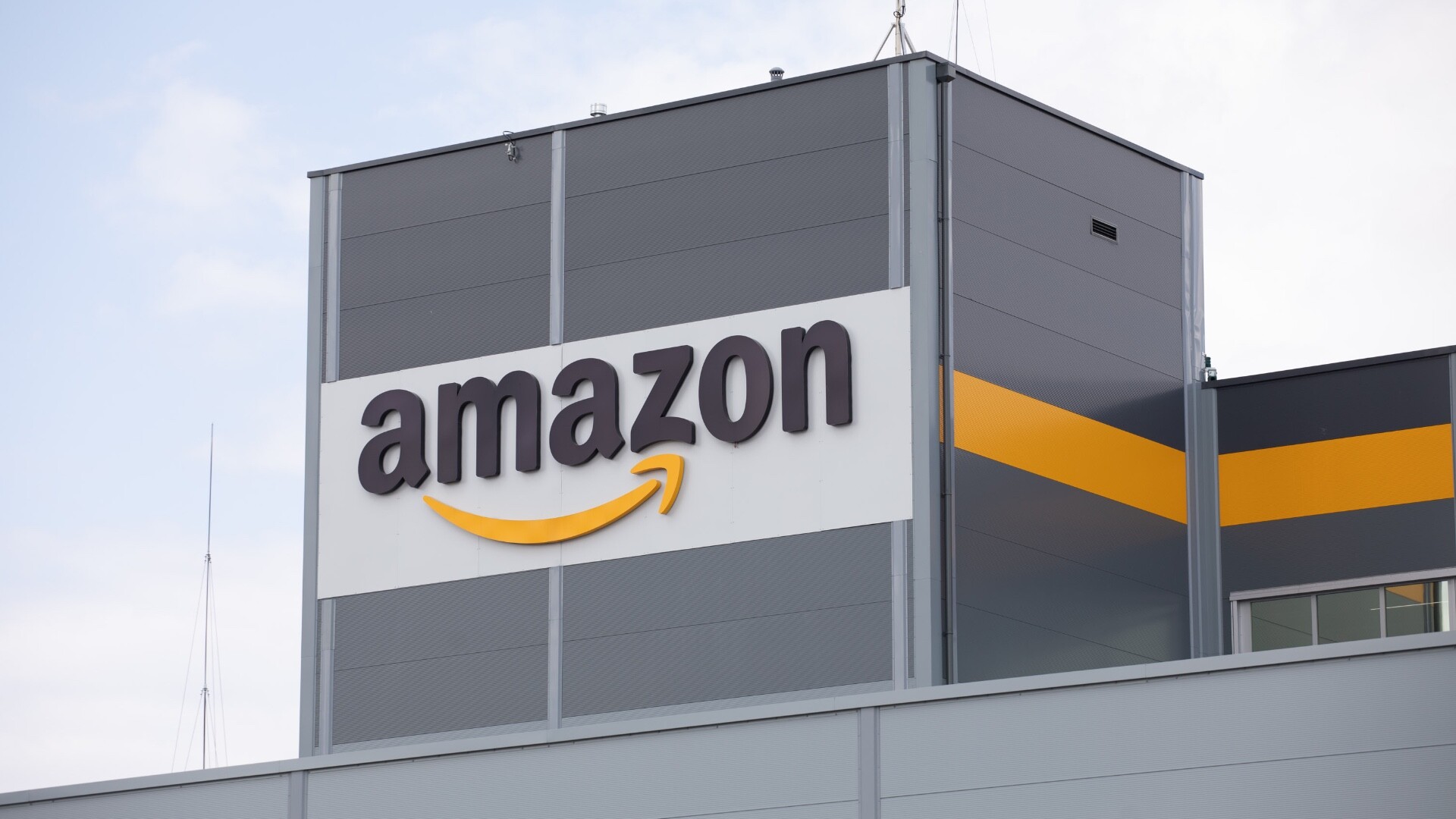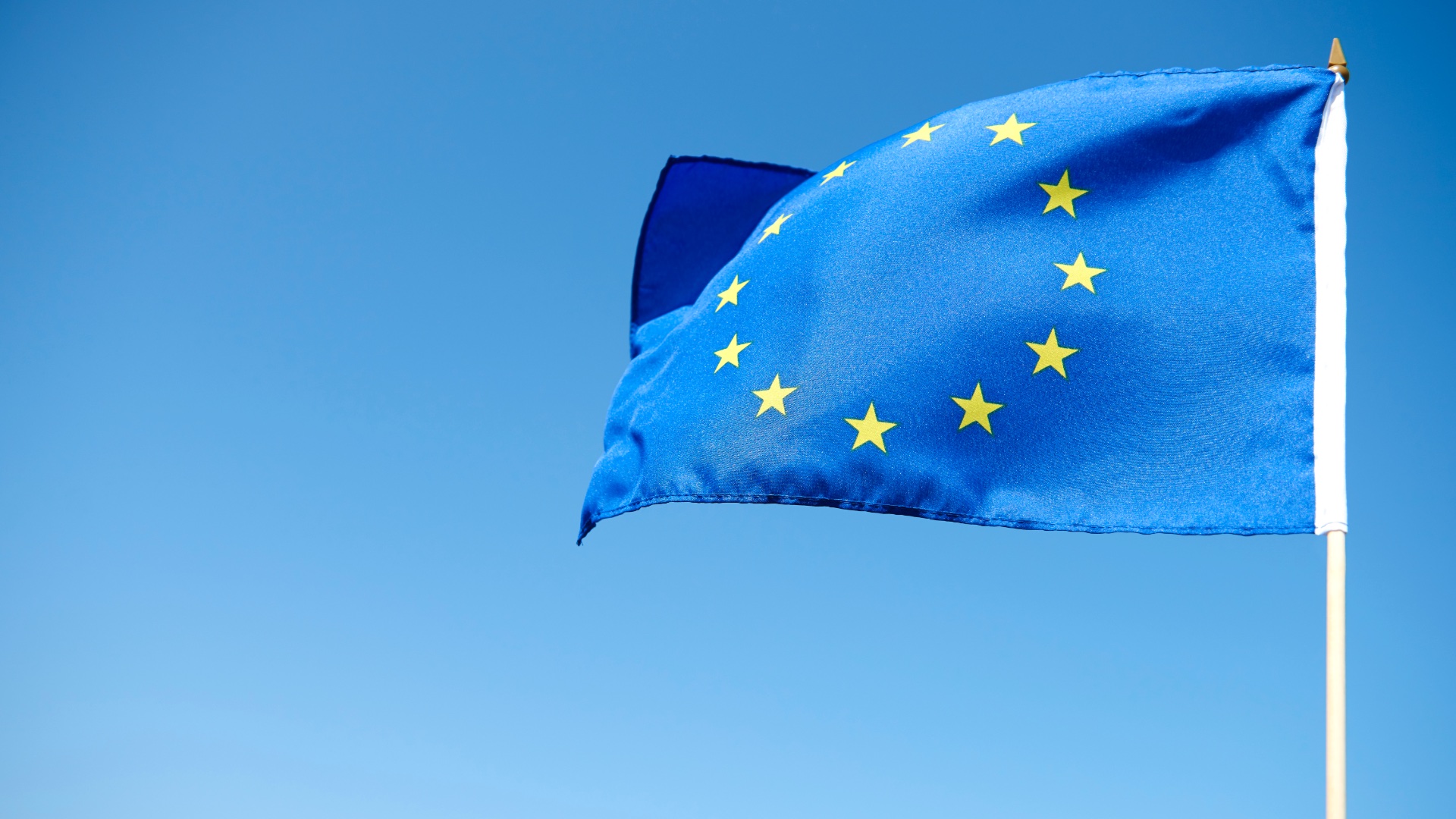European Union regulators made an unprecedented move on Tuesday, naming 19 companies – including Amazon Web Services, Google Cloud and Microsoft – as critical service providers for European banking. The decision fundamentally changes the balance of power between Big Tech and financial supervision, moving the relationship from a partnership to a strictly regulated level.
The move is a direct consequence of the Digital Operational Resilience Act (DORA) regulation coming into force. The new legislation gives European supervisory authorities (EBA, EIOPA, ESMA) the power to directly control technology companies, which until now have only been accountable to their business customers. The regulators make no secret of the fact that their main aim is to mitigate systemic risk. In this era of widespread digitalisation, a failure at one of the leading cloud providers could paralyse a significant part of the European banking system, triggering a domino effect with difficult-to-quantify consequences.
The list of players targeted by the new surveillance regime is diverse, showing how deeply technology has penetrated finance. In addition to the cloud ‘big three’ (AWS, Google, Microsoft), IBM, market data providers such as Bloomberg and the London Stock Exchange Group (LSEG), as well as telecoms operators, including Orange, and consultancies such as Tata Consultancy Services have also been targeted. Each of these entities will now have to prove that they have an adequate risk management framework in place and that their infrastructure is resilient to cyber attacks and technical failures.
The industry reaction to the announcement was measured and diplomatic, suggesting that the tech giants had been preparing for this scenario for a long time. Representatives from Microsoft and Google Cloud immediately declared their full willingness to cooperate, emphasising their commitment to cyber security. The LSEG, in turn, openly welcomed the new designation, seeing it as a confirmation of its key role in the ecosystem. Silence has so far been maintained by Bloomberg and Orange, which may indicate ongoing internal analyses of the new regulatory obligations.
Brussels’ decision is part of a wider global trend of tightening control over critical infrastructure. The European Central Bank explicitly lists technological disruption alongside geopolitical tensions as the main threats to the sector. Similar steps are being taken by the UK, although the legislative process there is lagging behind that of the EU – London does not plan to designate its critical entities until next year. Europe is thus once again becoming a testing ground for new regulatory standards in the technology world.












